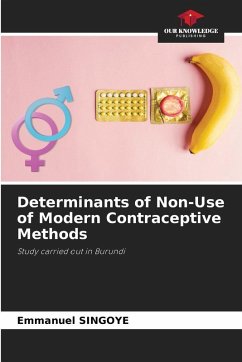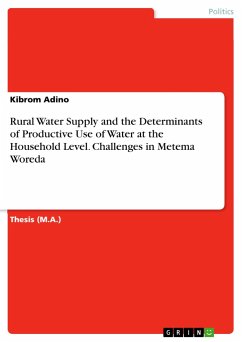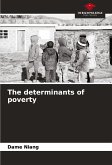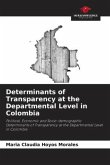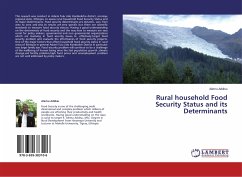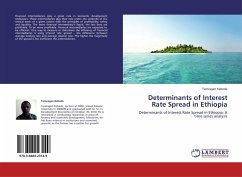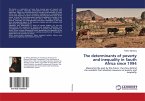Burundi is one of the sub-Saharan African countries characterized by very high fertility rates and maternal and infant mortality. The results of the DHS-III conducted in Burundi between 2016-2017 show that the proportion of women in union aged 15-49 using modern contraceptive methods is higher in urban areas than in rural areas. Despite the efforts undertaken by the Government to raise awareness of the benefits of using modern contraceptive methods and the popularization of contraceptives since 1980, the rate of use of modern contraceptive methods remains low in Burundi and especially in rural areas. Hence the need to investigate the determinants behind the low use of modern contraceptive methods by women in union, according to their place of residence. There are two reasons for choosing this topic. Firstly, these women are a prime target for campaigns promoting modern contraception. Secondly, the results of this research will enable us to formulate strategies to curb high fertility and improve maternal health.
Bitte wählen Sie Ihr Anliegen aus.
Rechnungen
Retourenschein anfordern
Bestellstatus
Storno

